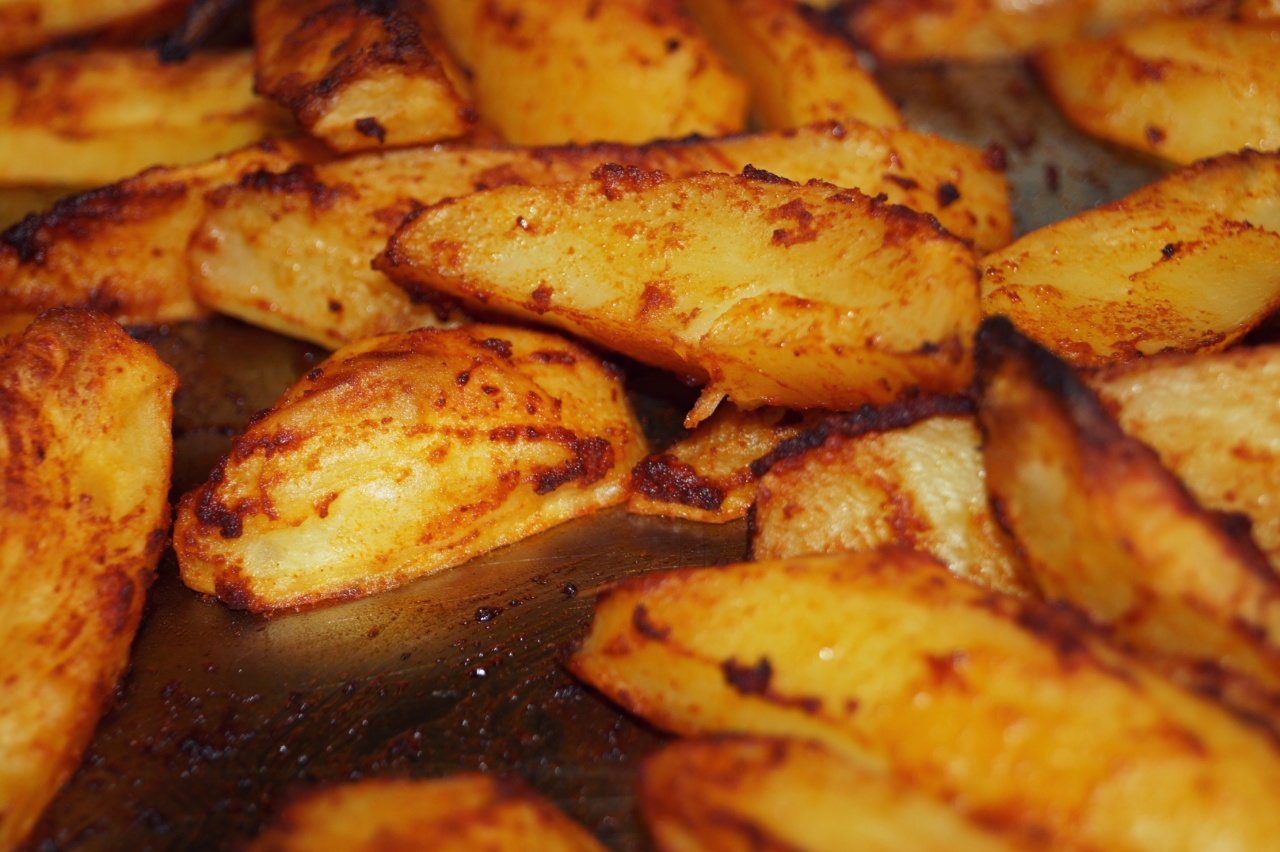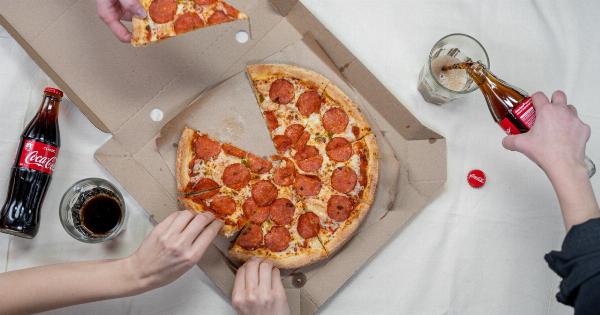It’s 11 p.m. and suddenly, your stomach grumbles. You head to the kitchen, open the fridge and grab a slice of cold, greasy pizza. Sound familiar? Late-night cravings for greasy foods are a common occurrence for many people.
But what causes these cravings and why do they always seem to strike late at night? Let’s take a closer look.
The Science Behind Cravings
Before we dive into the reasons for late-night cravings specifically, it’s important to understand the science of cravings in general. According to experts, cravings are a combination of physiological and psychological factors.
On the physiological side, our bodies release certain chemicals in response to foods we eat. When we consume high-fat, sugary or salty foods, our brains release dopamine, a neurotransmitter that regulates the reward and pleasure centers of our brains.
This is why high-calorie foods are often referred to as “comfort foods” – they trigger a feel-good response in our brains.
On the psychological side, cravings can be triggered by a number of factors, including stress, boredom, loneliness, and even positive emotions like happiness and celebration.
The Role of Hormones
One of the key players in late-night cravings is the hormone ghrelin. Known as the “hunger hormone,” ghrelin is responsible for regulating feelings of hunger in the body.
Interestingly, studies have found that ghrelin levels increase at night, peaking in the early hours of the morning. This could be one reason why we tend to crave food later in the day.
In addition, levels of the hormone leptin, which regulates feelings of fullness, also decrease at night. This means that our bodies may not feel as satisfied after a meal, leading to more cravings for high-calorie foods.
The Impact of Sleep Deprivation
Late-night cravings may also be linked to sleep deprivation. When we don’t get enough sleep, our bodies produce more of the hormone cortisol, which is known to increase appetite.
In addition, lack of sleep can disrupt our hormone levels, leading to an increase in cravings for high-calorie foods.
One study found that sleep-deprived individuals consumed an average of 300 extra calories per day, mainly from high-fat, sugary foods.
So, if you’re struggling with late-night cravings, it may be worth looking at your sleep habits to see if that could be contributing to the problem.
The Role of Stress and Emotional Eating
Another factor that can contribute to late-night cravings is stress. When we experience stress, our bodies release the hormone cortisol, which can increase appetite and lead to cravings for comfort foods.
In addition, many people turn to food as a way to cope with their emotions. When we’re feeling sad, bored, or anxious, we may turn to high-calorie foods as a way to feel better.
This can lead to a cycle of emotional eating that can be hard to break.
The Dopamine Connection
As we mentioned earlier, dopamine plays a key role in the pleasure and reward centers of our brains. This is why high-calorie foods, which trigger the release of dopamine, can be so addictive.
Over time, our brains can become “hardwired” to associate certain foods with pleasure, making it even harder to resist cravings.
In addition, studies have found that some people may have a genetic predisposition to cravings for high-calorie foods. If this is the case, it may be even harder to resist late-night cravings, as our bodies are wired to seek out these types of foods.
Ways to Combat Late-Night Cravings
If you’re struggling with late-night cravings for greasy foods, there are several strategies you can try to help combat them:.
- Avoid keeping triggering foods in your home, or at least keep them out of sight
- Try to keep a regular sleep schedule to help regulate your hormone levels
- Exercise regularly to help reduce stress and improve overall health
- Practice mindfulness and other stress-reduction techniques
- Find alternative comfort foods that are lower in calories, such as popcorn or air-popped chips
The Bottom Line
Cravings for greasy foods late at night are a common occurrence for many people. While the reasons for these cravings are complex and multifaceted, they can often be attributed to a combination of physiological and psychological factors.
By understanding the science behind cravings and implementing some of the strategies we’ve outlined, you can help reduce your late-night cravings and promote a healthier relationship with food.





























